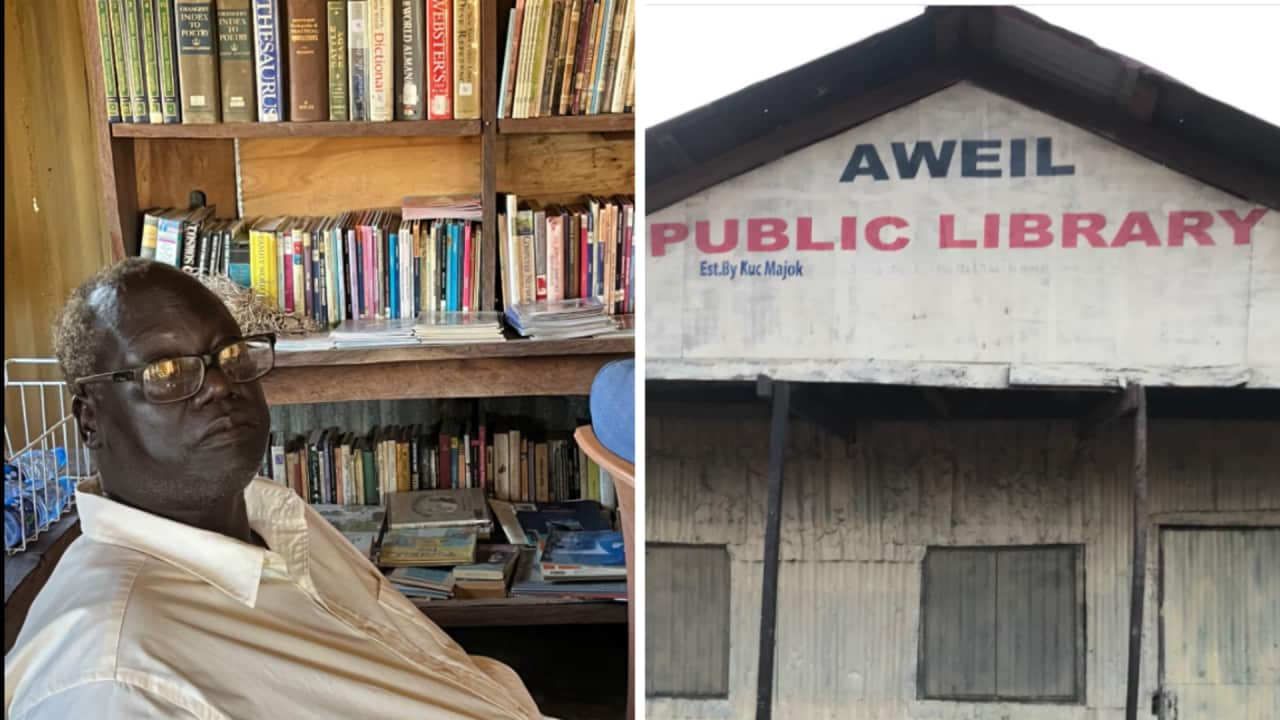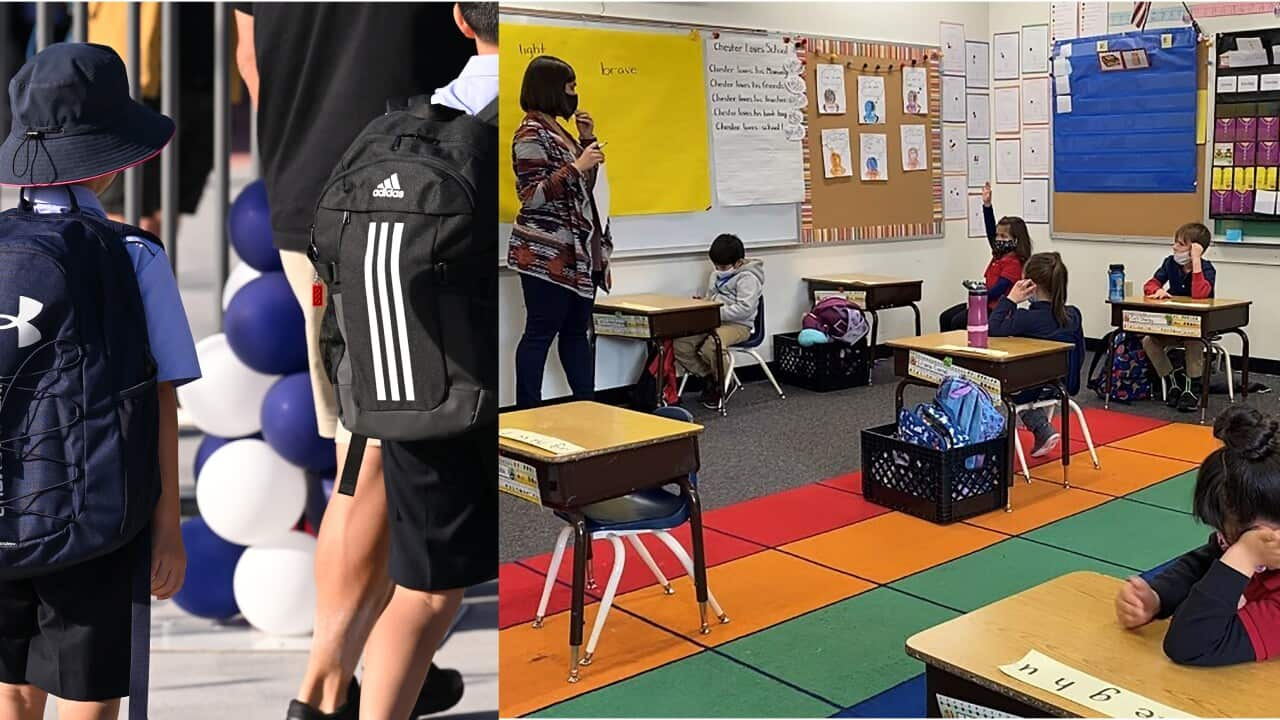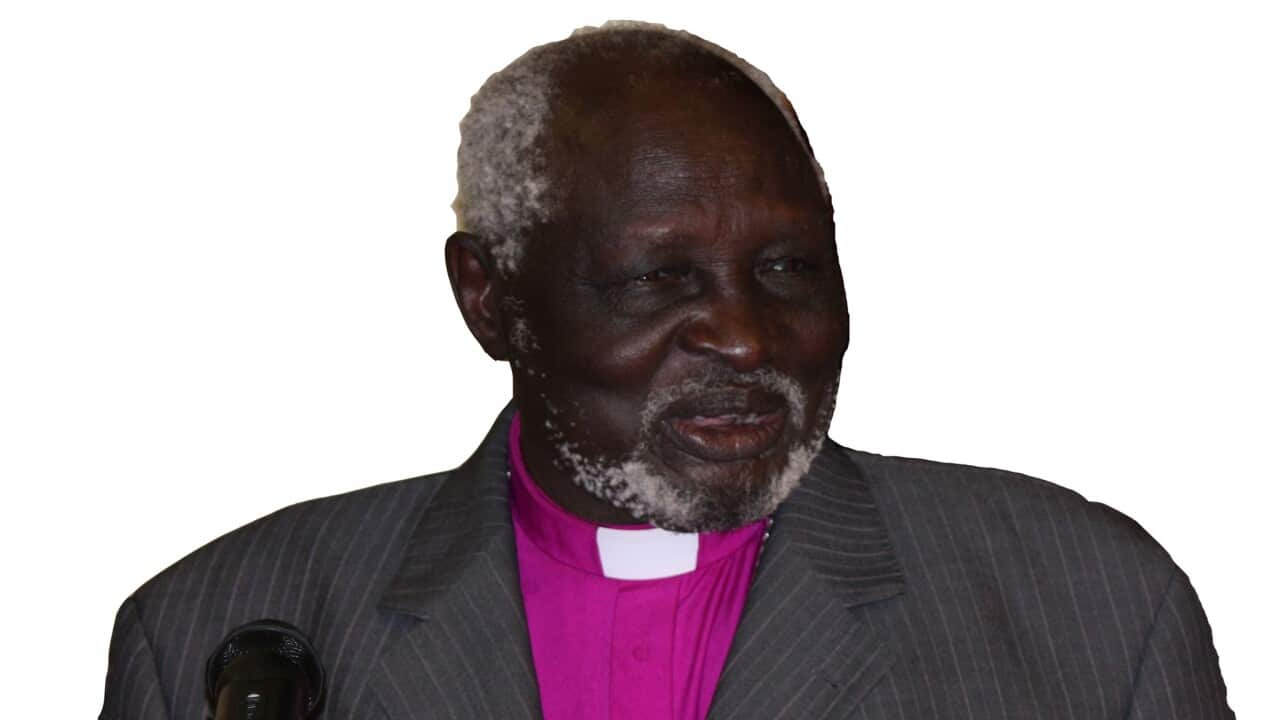Call it a day comes from an older phrase, “call it half a day,” that was used in the 1830s, when workers left before the day was over. By 1919, the shorter version ‘call it a day’ became common with the meaning of to stop work and not return to it or an activity for the rest of the day.
Call it a day abɔ ciök tɛn wɛt thɛɛr, "call it half a day" cɔl aye aköl agɛ̈ɛ̈m," lɔn ke luööi ruön 1830, kaam ke ye kɔɔc luui luɔi nyääŋ pïŋ ka aköl këëc thöök. Na leer ɣëët 1919, ka wɛt den cekic 'cɔlku aye akoldɛt' ac jal bɛn bɛɛn bei ke ye laac luööi ku wɛt de yiic ee ku buk kɔ̈ɔ̈c luɔi ku cuk bɛn dhuk thin wal a leŋ ku dɛt ben ku looi kaam dɛt yic yaköle kënë.
Over time, it became a common way to simply say “let’s finish now” in all kinds of situations. You can hear it everywhere:
Kaam latuëŋ, aci jaal bɛn ŋiëëc ke ye dhel puɔlic bi lueel " jɔ̈lku thöök yemenë" kuat tɛriëëc eben, Yin aleu ku ba pïŋ kuät tɛriëëc eben:
When you stop work after a long day:
Naye ke wën ci yïn jal kɔ̈ɔ̈c luɔi aköl ci yic bɛɛr apɛi:
- We’ve had a lot of meetings. Let's call it a day.
- Ɣok aci näŋ amatmɛt juëëc. Jɔlku cɔl aye aköldɛt.
When you finish a project or activity:
Naye ke ci yïn ke looi thööl wala kedɛ̈ɛ̈ŋ:
- I’ve been gardening all morning. I’m ready to call it a day.
- Ɣɛn ci reel domic men tɛn anhiäk. Ɣɛn ci rot guiɛ̈ɛ̈r ba cɔl ye aköldɛt.
In casual situations when you want to stop whatever it is that you are doing.
Tɛwën jɛ̈ɛ̈mkɔc thin path naye ke wïcyïn yeen ku ba kɔ̈ɔ̈c kuät kedun ke looi.
- Have you played enough basketball? Ok, let’s call it a day, then.
- Ca basketball thuëc apɛidit? Apɛth, cɔlku aye köl ci thook, ku tɛnë.
When you’re tired:
Naye kë ci yïn nääk:
- I’ve been cleaning the house all morning — time to call it a day.
- Ɣɛn ci rëël aa kut ɣot yiic mën tɛn anhiääk — ee kaam ba cɔl aye akoldɛt.
Explore the entire series Words we use by clicking here to listen!
Caath keriëëc eben ka buööth ke ciök Wël yeku luöi erin ku ba thuääny yic tɛn ku ba pïŋ!
This episode is available on Spotify and Apple Podcasts.
Listen to full series: Words We Use Dinka.
Credits:
Host: Akuar Dut Malek
Written by: Josipa Kosanovic
Graphic design: Dorry Wang
Educational consultant: Professor Lynda Yates
Produced by: Josipa Kosanovic, Akuar Dut Malek





